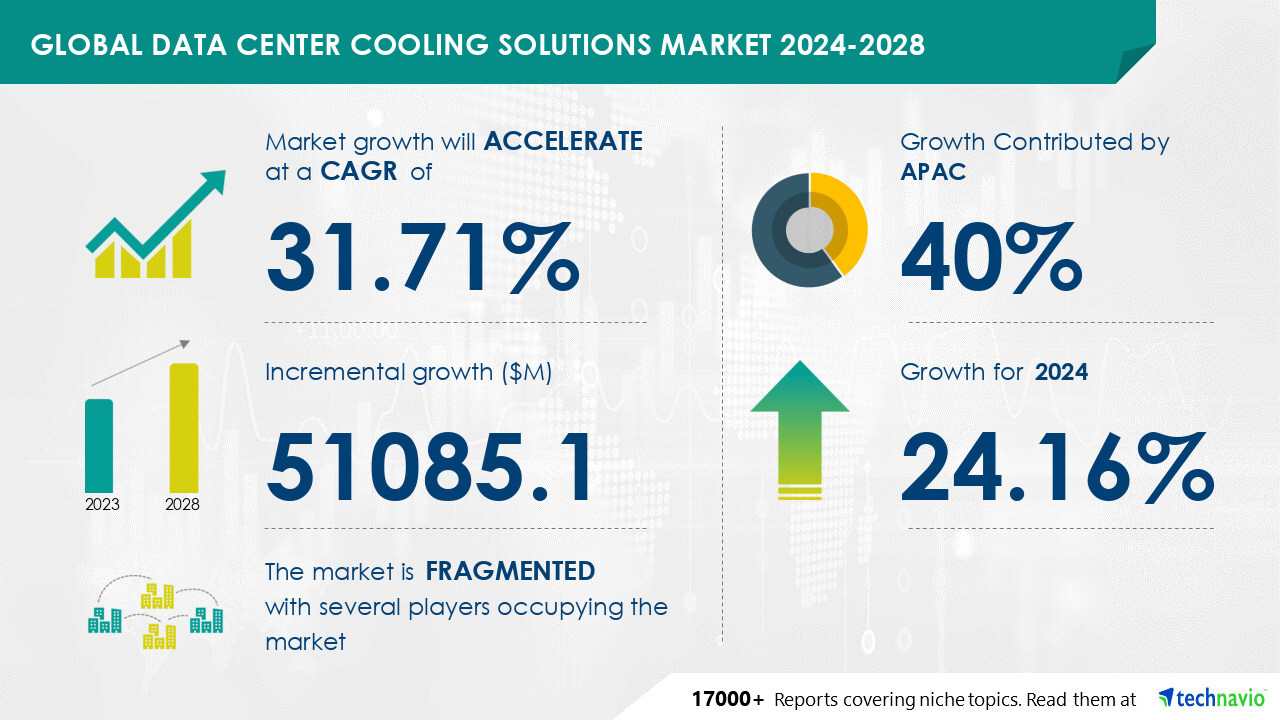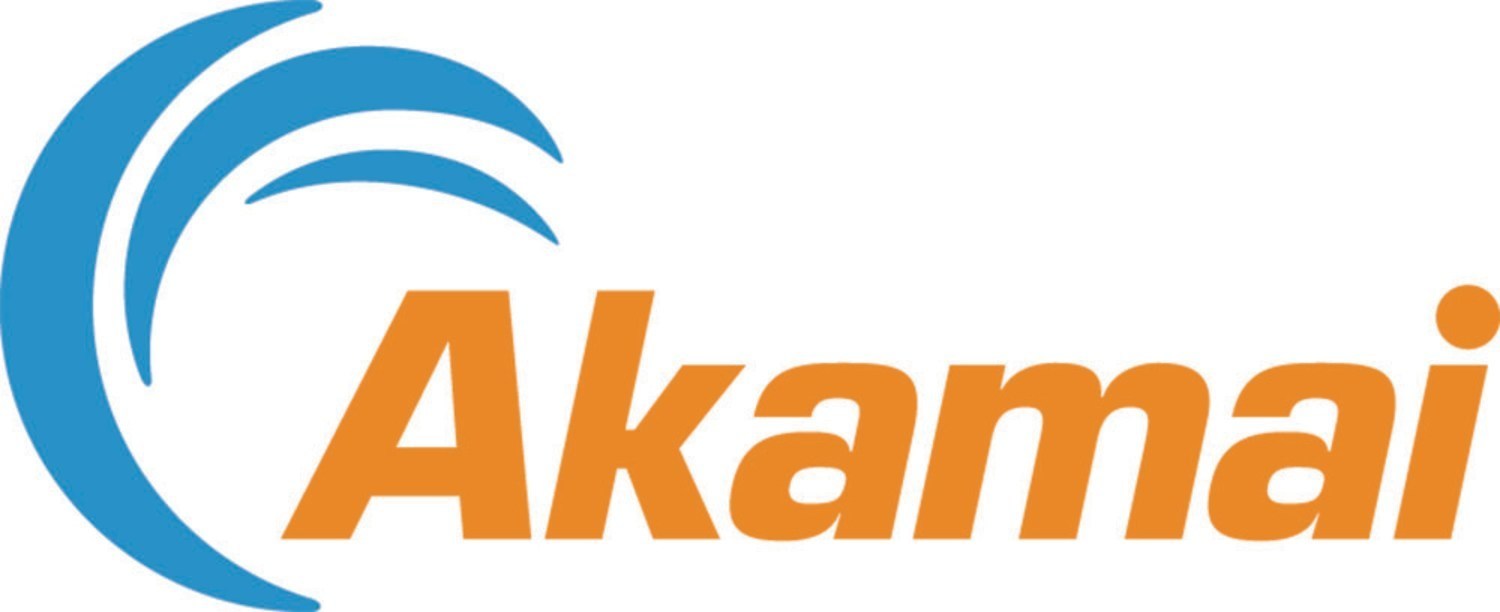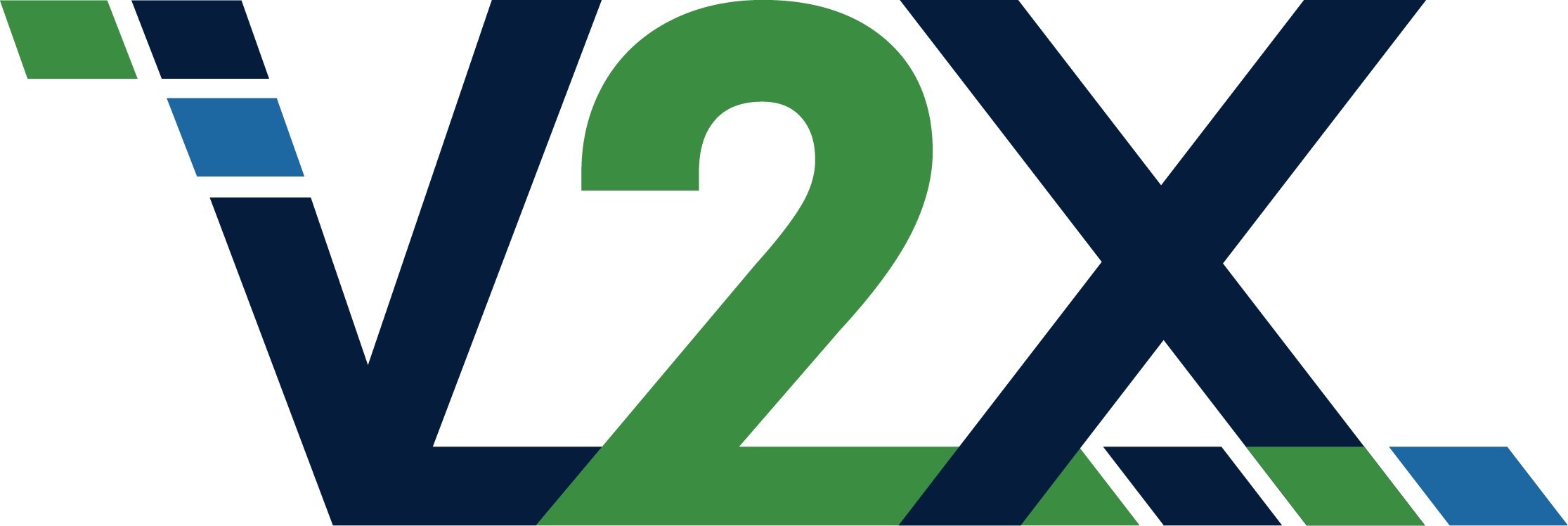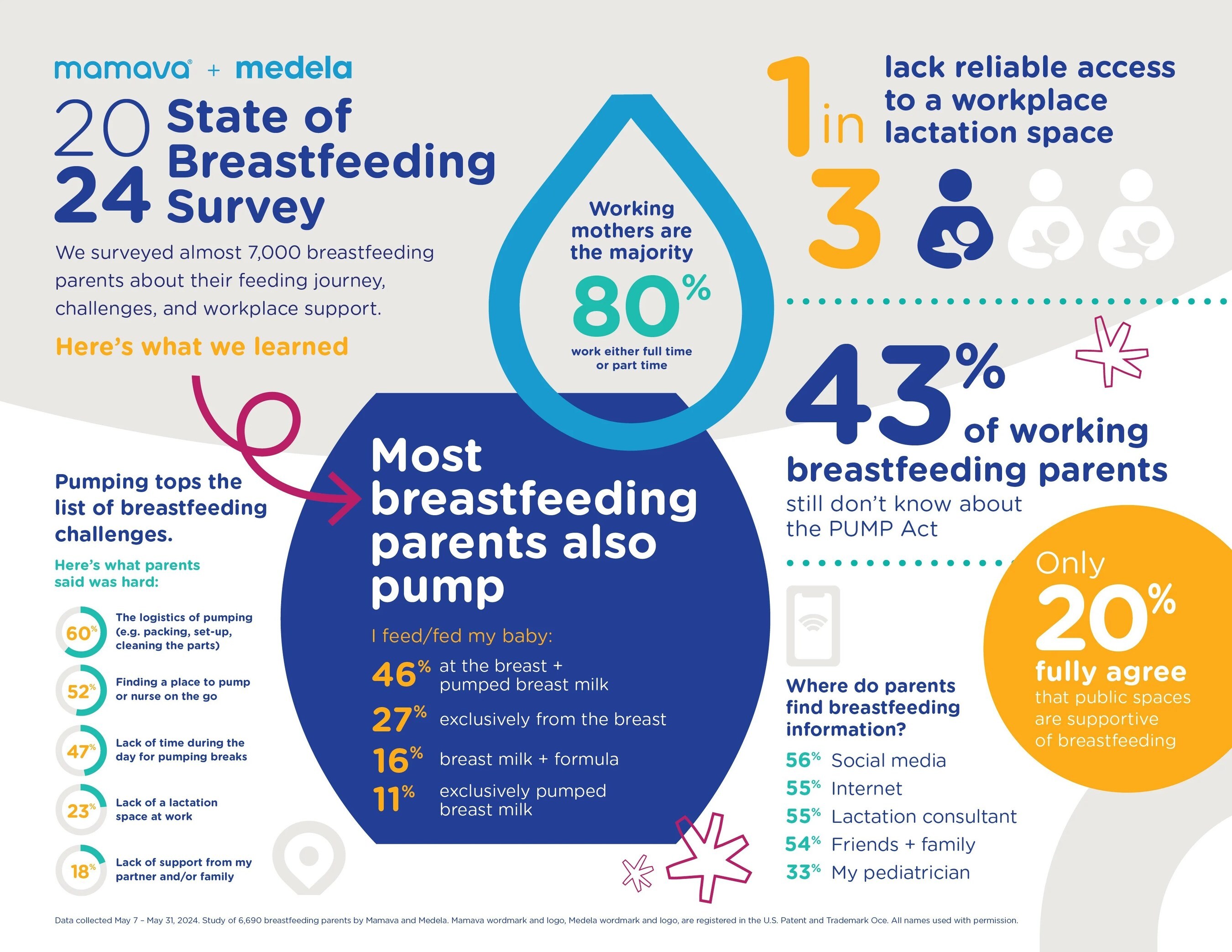NEW YORK, July 24, 2024 -- The global data center cooling solutions market size is estimated to grow by USD 51.08 billion from 2024-2028, according to Technavio. The market is estimated to grow at a CAGR of almost 31.71% during the forecast period. Increased demand for data centers is driving market growth, with a trend towards greater use of HPC. However, environmental concerns poses a challenge. Key market players include Aermec S.p.A., Airedale Air Conditioning Ltd., AIRSYS Refrigeration Engineering Technology Co. Ltd., Alfa Laval AB, Asetek, Black Box Ltd., Chilldyne, Citec International, Daikin Industries Ltd., Data Aire Inc., Delta Electronics Inc., Engineered Fluids Inc., Green Revolution Cooling Inc., Midas Immersion Cooling, Mitsubishi Electric Corp., Motivair Corp., Nortek, Schneider Electric SE, STULZ GmbH, and Vertiv Holdings Co..
Get a detailed analysis on regions, market segments, customer landscape, and companies - Click for the snapshot of this report
Forecast period | 2024-2028 |
Base Year | 2023 |
Historic Data | 2018 - 2022 |
Segment Covered | Application (Air conditioning, Economizers, Cooling towers, Chillers, and Others), Technique (Air-based cooling and Liquid-based cooling), and Geography (APAC, North America, Europe, Middle East and Africa, and South America) |
Region Covered | APAC, North America, Europe, Middle East and Africa, and South America |
Key companies profiled | Aermec S.p.A., Airedale Air Conditioning Ltd., AIRSYS Refrigeration Engineering Technology Co. Ltd., Alfa Laval AB, Asetek, Black Box Ltd., Chilldyne, Citec International, Daikin Industries Ltd., Data Aire Inc., Delta Electronics Inc., Engineered Fluids Inc., Green Revolution Cooling Inc., Midas Immersion Cooling, Mitsubishi Electric Corp., Motivair Corp., Nortek, Schneider Electric SE, STULZ GmbH, and Vertiv Holdings Co. |
Key Market Trends Fueling Growth
The High Performance Computing (HPC) market is experiencing significant growth due to the increasing demand for product innovation and economic competitiveness. HPC systems, which deliver efficient computing through a cluster of processors, are primarily used for scientific and engineering applications. These systems have higher computing performance than general-purpose computers, measured in floating-point operations per second (FLOPS), and are essential for solving complex problems in fields such as physical simulations, weather forecasting, quantum mechanics, and molecular modeling. The global HPC market is being driven by the growing use of big data and cloud computing solutions, which have led to an increase in the demand for data centers. Data centers support HPC by enabling parallel processing with better reliability, efficiency, and scalability through enhanced cooling systems. Cloud-based HPC systems are particularly attractive to Small and Medium Enterprises (SMEs) due to their low initial investment requirements. As HPC systems incorporate tens of thousands of processors, they generate significant heat. To maintain optimal performance, data centers require efficient cooling systems, such as in-rack and in-row cooling solutions. Modern data centers also offer cloud-based services and virtualization to support HPC infrastructure. Data center operators must ensure 99% service availability to meet the demands of HPC vendors. To achieve this, they require high-performance data center power components. The increasing use of HPC will continue to drive the demand for data centers, and thus, data center power components during the forecast period.
The Data Center Cooling Solutions market is experiencing significant growth due to increasing data protection needs and power interruptions. Traditional air conditioners are being replaced by precision air conditioners and liquid cooling equipment for better efficiency and scalability. Cloud-based services, IT and telecom, manufacturing, healthcare, energy and utilities, and colocation service providers are major consumers. Advanced cooling techniques like room-based, row-based, and rack-based cooling are trending, with airflow paths and cooling expenses being key considerations. Energy-efficient data centers are a priority, with liquid cooling, intelligent power distribution, and monitoring systems gaining popularity. Advanced features like artificial intelligence, automation, incident response, and recovery procedures are essential for ensuring safety and minimizing cooling issues during power outages. Cooling solutions must be flexible and secure to accommodate load conditions and support the growing demand for data generation from OTT platforms, streaming services, cloud services, big data, and connected devices.
Discover 360° analysis of this market. For complete information, schedule your consultation- Book Here!
Market Challenges
- Data centers face numerous environmental challenges that impact their operations worldwide. Fluctuating temperatures, extreme humidity, and high atmospheric dust are common issues, particularly in regions with adverse climatic conditions. To address these concerns, data center operators must employ humidity controllers tailored to local requirements, capable of reacting to sudden environmental changes. Dust and airborne particles can cause mechanical failure in cooling fans and disrupt I/O port connectivity, while excessive gas emissions and noise levels pose additional challenges. As the demand for data center capacity increases globally, organizations are investing in new facilities to store and process growing amounts of data from advanced technologies like cloud computing, big data, and IoT. However, this growth comes with rising IT costs and carbon emissions, primarily from the operation of IT servers, generators, building shells, and cooling systems, as well as the use of non-renewable energy sources. Microsoft, for instance, has reduced the use of diesel generators to make its data centers more sustainable and less reliant on the utility grid. Environmental concerns, including carbon emissions, pose a significant threat to the growth of the global data center cooling solutions market during the forecast period.
- The Data Center Cooling Solutions market is facing challenges due to temperature surges, requiring advanced row/rack-based cooling and precision cooling capabilities. Future-proof solutions are essential for medium-sized enterprises undergoing digital transformation and adopting cloud computing services, AI-driven applications, and centralized storage. Energy consumption and carbon emissions are key concerns, necessitating energy-efficient and environmentally sustainable cooling systems. Data center operators must address heat dissipation, networking, computing capacity, authentication, and infrastructure components, including servers, network switches, power distribution units, and storage devices. Data backup, archiving, authorization, and IT hardware infrastructures also require consideration. Low-power-consuming cooling techniques, such as AI and Industry 4.0 innovations, are essential for optimizing energy savings, carbon savings, and space utilization. Tech companies and data center managers must focus on energy efficiency, power density, rack power densities, heat generation, and data center deployments to meet the demands of the digital age.
For more insights on driver and challenges - Download a Sample Report
Segment Overview
This data center cooling solutions market report extensively covers market segmentation by
- Application
- 1.1 Air conditioning
- 1.2 Economizers
- 1.3 Cooling towers
- 1.4 Chillers
- 1.5 Others
- Technique
- 2.1 Air-based cooling
- 2.2 Liquid-based cooling
- Geography
- 3.1 APAC
- 3.2 North America
- 3.3 Europe
- 3.4 Middle East and Africa
- 3.5 South America
1.1 Air conditioning- Data centers require specialized cooling solutions to maintain optimal operating conditions for IT equipment. Precision air conditioning units, such as Computer Room Air Handlers (CRAH) and Computer Room Air Conditioning (CRAC) units, play a crucial role in managing temperature and humidity. CRAH units, which use water-chilled systems, are suitable for large data centers, while CRAC units, with mechanical refrigeration, are ideal for moderate-sized facilities. Precision air conditioners, including these units, offer precise temperature and humidity control, higher efficiency, and lower power consumption compared to comfort air conditioners. The increasing heat density in data centers due to high-performance computing infrastructure and virtualization will drive the adoption of precision air conditioners. New data center constructions and renovations will further fuel market growth. Despite the initial higher cost of chilled water systems, the reduction in air conditioner prices and the need for efficient cooling solutions will ensure steady revenue growth during the forecast period.
For more information on market segmentation with geographical analysis including forecast (2024-2028) and historic data (2018 - 2022) - Download a Sample Report
Learn and explore more about Technavio's in-depth research reports
The global Data Center Liquid Immersion Cooling market is poised for significant growth, driven by rising data processing needs and energy efficiency demands. In parallel, the Data Center Mechanical Construction market is expanding due to the increasing complexity of data center infrastructure and the need for robust cooling and power solutions. Additionally, the Data Center Rack PDU market is experiencing growth as businesses seek advanced power distribution units to support high-density server environments. Collectively, these markets reflect the evolving landscape of data center technology and infrastructure.
Research Analysis
The Data Center Cooling Solutions market is witnessing significant growth due to the increasing demand for data-intensive applications, cloud computing, and digital services. IT infrastructure requires efficient cooling solutions to manage heat dissipation, especially with the rise of AI-driven applications and energy-consuming servers, network switches, and colocation services. Pre-engineered cooling modules and advanced cooling techniques are becoming popular for their energy efficiency and ability to handle high data traffic and load conditions. Centralized storage, networking, and computing capacity also require cooling solutions to ensure optimal performance. Power management is a crucial factor in data centers, and cooling solutions must be designed to minimize energy consumption. Data generation from various sources, including OTT platforms and streaming services, further increases the need for effective cooling solutions.
Market Research Overview
The Data Center Cooling Solutions market is witnessing significant growth due to the increasing demand for data-intensive applications, cloud computing, and digital services. With the IT industry's rapid expansion, IT infrastructure requirements are surging, leading to an increase in power consumption and heat dissipation. In the 5G internet era, data traffic is expected to increase exponentially, putting additional pressure on data centers to maintain optimal temperatures. Cooling technologies such as pre-engineered cooling modules, precision cooling capabilities, and low-power-consuming techniques are gaining popularity to improve energy efficiency and environmental sustainability. The market is also witnessing the adoption of future-proof cooling solutions that can handle high power densities and rack power densities. Medium-sized enterprises are increasingly investing in digital transformation, leading to an increase in data center deployments. Cooling expenses are a significant portion of data center operating costs, making energy savings and carbon savings crucial. The market is also witnessing the adoption of AI-driven applications for predictive maintenance and optimization of cooling systems. Data center operators are focusing on space utilization, power interruptions, and data protection to ensure business continuity. The market is witnessing the adoption of cooling systems such as air conditioners, precision air conditioners, liquid cooling, and room-based, row-based, and rack-based cooling solutions. Industry 4.0, IoT, and cloud-based services are also driving the market's growth. Energy efficiency, environmental sustainability, and carbon emissions are critical considerations for data center managers. The market is witnessing the adoption of plug-in systems, centralized storage, networking, and infrastructure components to optimize cooling expenses. Outsourcing data center operations to colocation service providers and web hosting companies is also on the rise to reduce capital expenditures and improve operational efficiency. Energy savings and carbon savings are essential for tech companies to reduce their carbon footprint and meet sustainability goals. The market is witnessing the adoption of cooling systems that use renewable energy sources and liquid cooling equipment. The market is also witnessing the adoption of cooling systems that use natural cooling methods such as airflow paths and evaporative cooling. The market is witnessing the adoption of cooling systems that use renewable energy sources and natural cooling methods such as airflow paths and evaporative cooling. Data center workload, power density, and heat generation are critical factors driving the market's growth. The market is also witnessing the adoption of cooling systems that use artificial intelligence (AI) for predictive maintenance and optimization of cooling systems. The market is witnessing the adoption of cooling systems that use artificial intelligence (AI) for predictive maintenance and optimization of cooling systems. Data center cooling solutions are essential for IT and telecom, manufacturing, healthcare, energy and utilities, and web hosting industries. The market is also witnessing the adoption of cooling systems that use renewable energy sources and natural cooling methods such as airflow paths and evaporative cooling. The market is witnessing the adoption of cooling systems that use renewable energy sources and natural cooling methods such as airflow paths and evaporative cooling. Data center cooling solutions are essential for IT and telecom, manufacturing, healthcare, energy and utilities, and web hosting industries. The market is also witnessing the adoption of cooling systems that use AI for predictive maintenance and optimization of cooling systems, reducing power interruptions and improving energy efficiency. The market is witnessing the adoption of cooling systems that use AI for predictive maintenance and optimization of cooling systems, reducing power interruptions and improving energy efficiency. Data center cooling solutions are essential for IT and telecom, manufacturing, healthcare, energy and utilities, and web hosting industries. The market is also witnessing the adoption of cooling systems that use renewable energy sources and natural cooling methods such as airflow paths and evaporative cooling, ensuring environmental sustainability and reducing cooling expenses.
Table of Contents:
1 Executive Summary
2 Market Landscape
3 Market Sizing
4 Historic Market Size
5 Five Forces Analysis
6 Market Segmentation
- Application
- Air Conditioning
- Economizers
- Cooling Towers
- Chillers
- Others
- Technique
- Air-based Cooling
- Liquid-based Cooling
- Geography
- APAC
- North America
- Europe
- Middle East And Africa
- South America
7 Customer Landscape
8 Geographic Landscape
9 Drivers, Challenges, and Trends
10 Company Landscape
11 Company Analysis
12 Appendix
About Technavio
Technavio is a leading global technology research and advisory company. Their research and analysis focuses on emerging market trends and provides actionable insights to help businesses identify market opportunities and develop effective strategies to optimize their market positions.
With over 500 specialized analysts, Technavio's report library consists of more than 17,000 reports and counting, covering 800 technologies, spanning across 50 countries. Their client base consists of enterprises of all sizes, including more than 100 Fortune 500 companies. This growing client base relies on Technavio's comprehensive coverage, extensive research, and actionable market insights to identify opportunities in existing and potential markets and assess their competitive positions within changing market scenarios.
Contacts
Technavio Research
Jesse Maida
Media & Marketing Executive
US: +1 844 364 1100
UK: +44 203 893 3200
Email: media@technavio.com
Website: www.technavio.com/
This News is brought to you by Qube Mark, your trusted source for the latest updates and insights in marketing technology. Stay tuned for more groundbreaking innovations in the world of technology.









